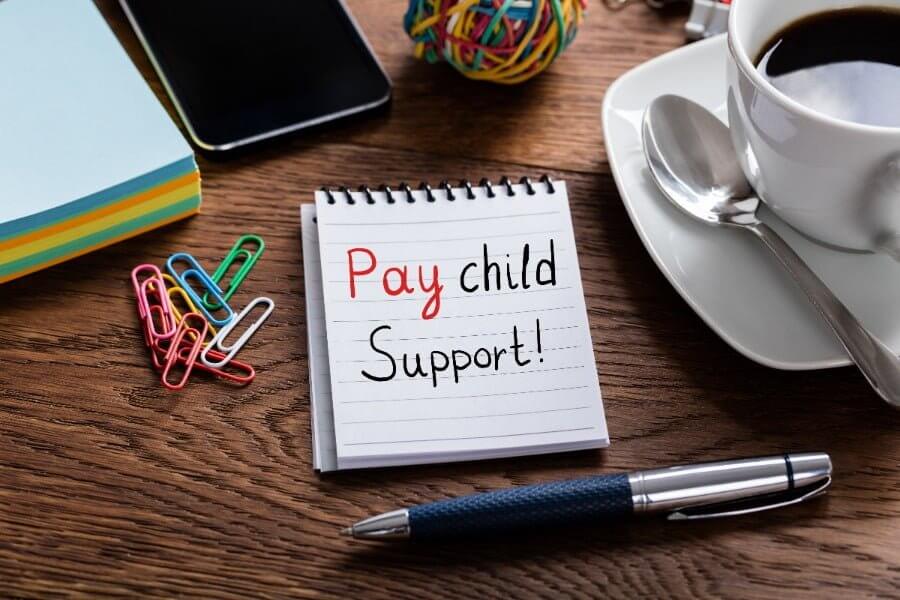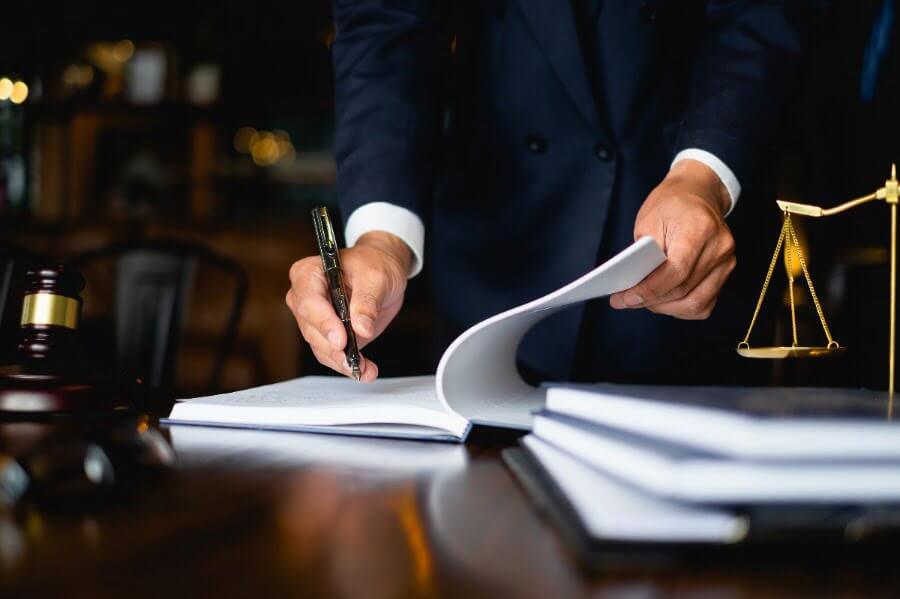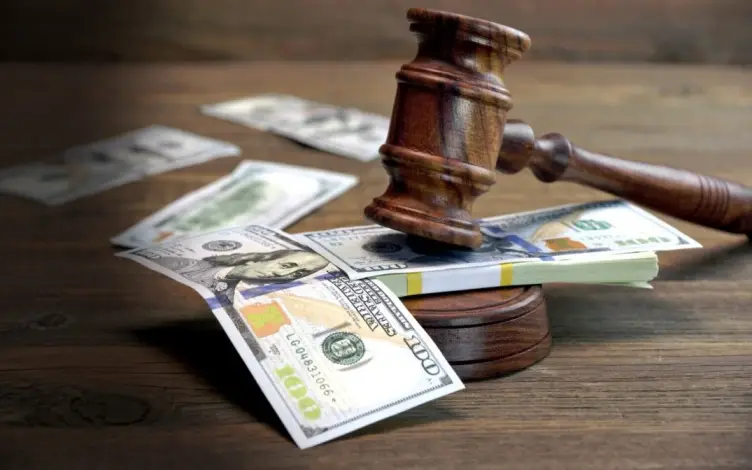Miranda Rights
Upon your arrest, the officer must inform you of your legal rights. The Miranda warning outlines your rights following an arrest:
- You have the right to remain silent
- Anything you say can and will be used against you in a court of law
- You have the right to an attorney
- If you cannot afford an attorney, one will be appointed for you
This means you can choose not to answer an officer’s questions and may request an attorney. Attorneys encourage you to take this right seriously because even the smallest details can incriminate you in court.
Processing
When you are arrested, you will be handcuffed and taken to the local police station for initial processing. At the precinct, a police officer will question you to get personal information. This will include your name, address, date of birth, social security number, etc. Once you have been fingerprinted you will be taken to a central booking location and processed for arraignment, which is an appearance before a judge.
Questioning
The Miranda warning must come before you are interrogated or questioned. Asking for your personal information is not considered an interrogation. Once police officers begin asking questions that may implicate you in a crime, however, an interrogation has begun. Information that you voluntarily offer to a police officer after receiving a proper Miranda warning is generally admissible in court. Police officers are not allowed to use physical or psychological intimidation to get you to make a statement.
Bail Hearing
After you are accused of a crime, you are required to appear in front of a judge for a bail hearing. During this hearing, the judge will decide whether you, the defendant, will get bail or if you will have to wait behind bars until your trial starts. Bail is a set amount that someone pays for you to temporarily get out of jail. By paying bail you agree to show up at all of your court dates and follow guidelines set by a judge.
Post bond
Once a judge sets your bail you can either pay the full amount upfront or turn to a bail bond company like Delta Bail Bonds. If you don’t have the money to post bail yourself, you can pay a bondsman 10% of the bail amount or collateral to get you out of jail.
Plea Bargain
The prosecutor and the defense lawyer can negotiate a plea deal or bargain. Once a plea bargain has been reached, it is taken to the judge for his or her approval. The judge will consider the plea deal as a contract between the prosecutor and the defendant. In federal court, the judge can approve or reject the plea bargain. The judge normally accepts the proposed plea deal.
Trial
The trial is the structured process where a jury listens to testimonies and reviews evidence to settle on a verdict. It’s up to them to decide if the defendant is innocent or guilty. During the trial, the prosecutor uses witnesses and evidence to prove to the jury that the defendant is guilty. Alternatively, the defendants attorney tries to prove their client’s innocence by calling witnesses and sharing evidence. During the trial, the judge decides what evidence an attorney can present to the jury. After the jury reaches a verdict, they notify the judge, the lawyers, and the defendant in open court.
Delta Bail Bonds
If you need to bail yourself or a loved one out of jail, Delta Bail Bonds is here to help. With us, you’ll be able to save money, keep your information confidential, save time, and have all the knowledge of an experienced bail bondsman at your fingertips. We know an arrest can be hard on you and your family, which is why we work 24/7 to make your bailout as quick and easy as possible.









